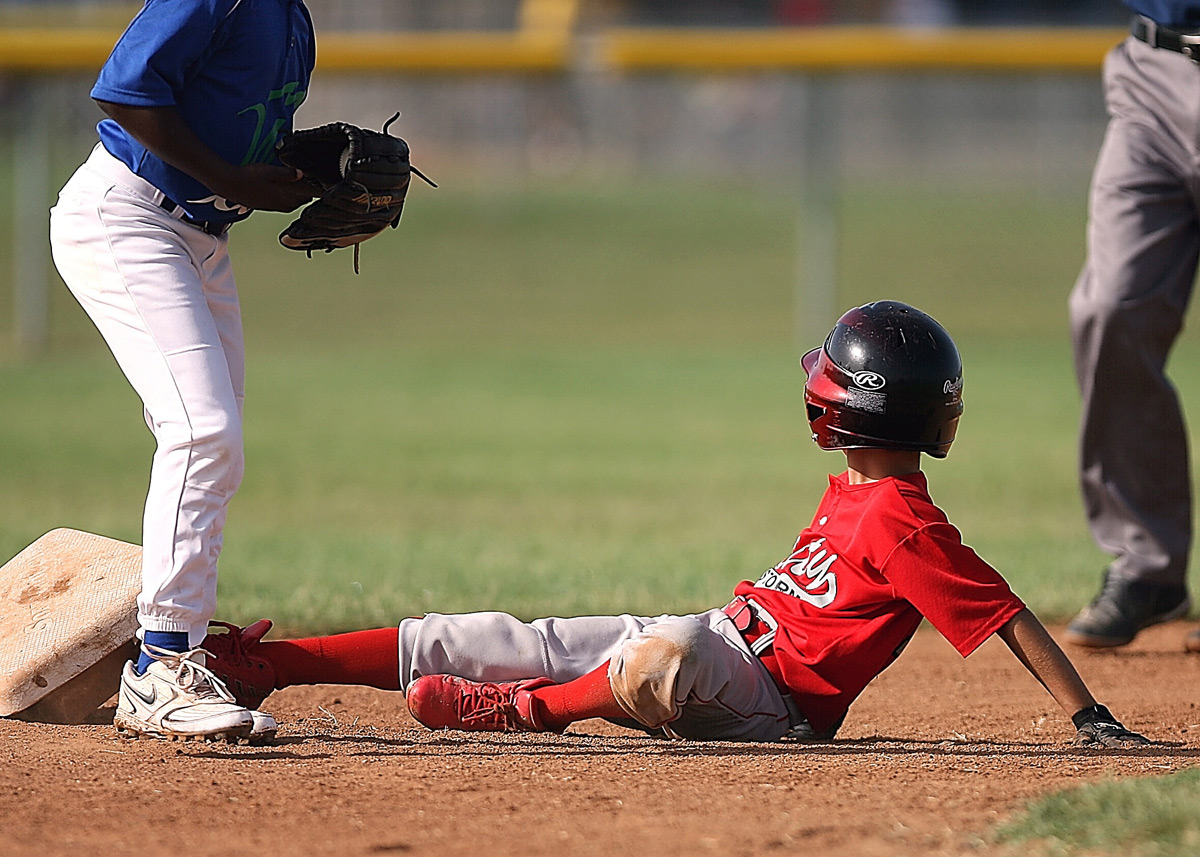Guy Stuff
Parents: What to Expect from Teen Puberty
If there is one thing I warn parents about from the moment their children start school, it’s puberty. People like to spend the time telling parents that toddlerhood is difficult and hard, that toddlers don’t listen and there’s going to be lots of temperature tantrums and screaming. And while that’s true, it’s nothing compared to what they’ve got in store for them later in life, when they have to deal with teenage tantrums and changes and hormones and how the house feels like a battlefield.
Puberty happens to every single one of us, but most adults completely forget they went through it, too. Puberty in teenagers drives both mental and physical development in adolescence and it can drive it crazy! Some children develop normally through the teenagers and into adulthood, where others may have to deal with things like gynecomastia treatment or girls deal with looking more hirsute on their faces rather than on their bodies. There’s nothing easy about puberty. It’s not easy for the parents and it’s not easy for teenagers. Putting yourself in your teenager shoes is one of the best ways to ensure that you understand what they’re going through and make allowances for the hormones that are flourishing through their body right now. Understanding what to expect can really help. And that’s what we’re going to cover in this article.
Puberty in Girls
Puberty is a whole process and it goes on for several years. If a young girl starts to develop into puberty by the age of nine, they are looking at 10 years of development ahead of them. There are various physical changes that occur in each of the stages of puberty, and the girls, rest of it first. Rest can develop at different rates, with one being slightly larger than the other and there’s nothing wrong with that. How will then start to grow in the pubic area and the armpits as well as other areas of the body it will darken such as the legs on the upper lip. About a year after this, girls will have a growth spurt and they usually reach their full adult height by the mid to late teens. They develop wider hips, and from here they may start their period.
Puberty in Boys
Boys will start to go through puberty when they notice their genitals have become larger. They also develop the ability to ejaculate and as a result they may have uncontrollable wet dreams. Parents of boys going through puberty will have to look at ways that they can make sure that they understand how to wash the sheets so that they don’t feel embarrassed, and putting down and waterproof mattress protectors is also a very good idea. Hair will grow in the pubic area, the armpit and across the face, and boys will experience that pit growth spurt about six months after pubic hair develops. Depending on when they start puberty, boys may not reach that adult height until they’re late teens or even the early 20s. In the final stages, their voices start to crack and subsequently become deeper.
Other Changes
There are other physical changes to consider during puberty, and it’s important to be aware of them because children who are transitioning from childhood to teenagers are going to have a lot of feelings about the changes. Both boys and girls grow taller and put on weight and muscle mass, and both develop her body hair across their bodies. Both genders will also have pretty strong body odors and possibly a deal of acne or skin problems are triggered by the high hold my levels rushing through the system. They also experience changes that can feel quite dramatic and big. Even when you can’t see why they are reacting the way that they are to the world around them, you have to be able to understand and appreciate that their feelings are valid.
As we mentioned, puberty can change the hormones and that could impact the mood of your teenager. It’s an exciting time to change and transition into a whole new stage of life, but their moods and impulses can be affected as Wellers their bodies, and that can be very difficult to handle. As the teenage puberty progresses, parents will notice that the emotions are changing and fluctuating, and the adolescent brain is still developing throughout those teenagers so often the impulsivity cannot be helped. It’s important that you learn to understand the difference between Mood swings and mood disorders though, and some of the things that you should look out for indicate that your teenager‘s mood has gone beyond the scope of normal.
- They are starting to avoid social situations or activities. Friends and social get-togethers are usually very important for teenagers, so if yours has started to climb into their bedrooms and refuse to communicate, then you need to address this as early as possible.
- Your teenager is having issues falling asleep, staying asleep, and getting up in the morning. Feeling tired and wanting to sleep all the time can indicate depression, but insomnia is actually quite common for teenagers with anxiety. Some sleep disturbances at this age and normal – remember when your toddler wanted to know sleep, for your teenager once a lot of sleep. Over eating, or not eating at all needs to be looked at because eating disorders are prevalent in teenagers.
- They are having difficulty concentrating. Teenagers who used to be focused on goal oriented should be able to continue on that, but if they are starting to have trouble getting the homework done or making decisions, or they are making irrational decisions in class, then you need to consider what could be going on beneath the surface. These are red flags and you can help them, but you have to catch them early.
- They have started to express hopelessness and suicidal thoughts. This is never easy for a parent to hear but you have to remember that it’s not about you. Teenagers are inherently self involved, and they can’t help it. They cannot see beyond themselves, and they believe that you don’t understand because you don’t really know them. If you hear any of these things coming up, then you need to seek the help of a professional immediately.
Good luck!


















Recent Comments